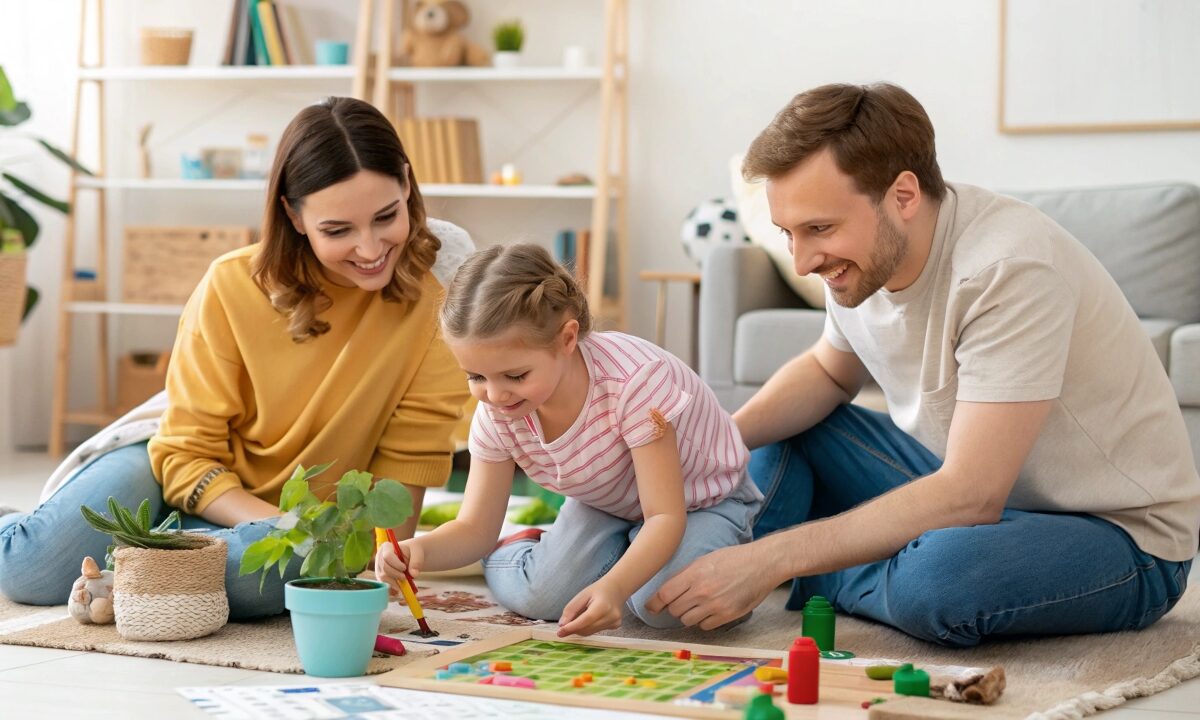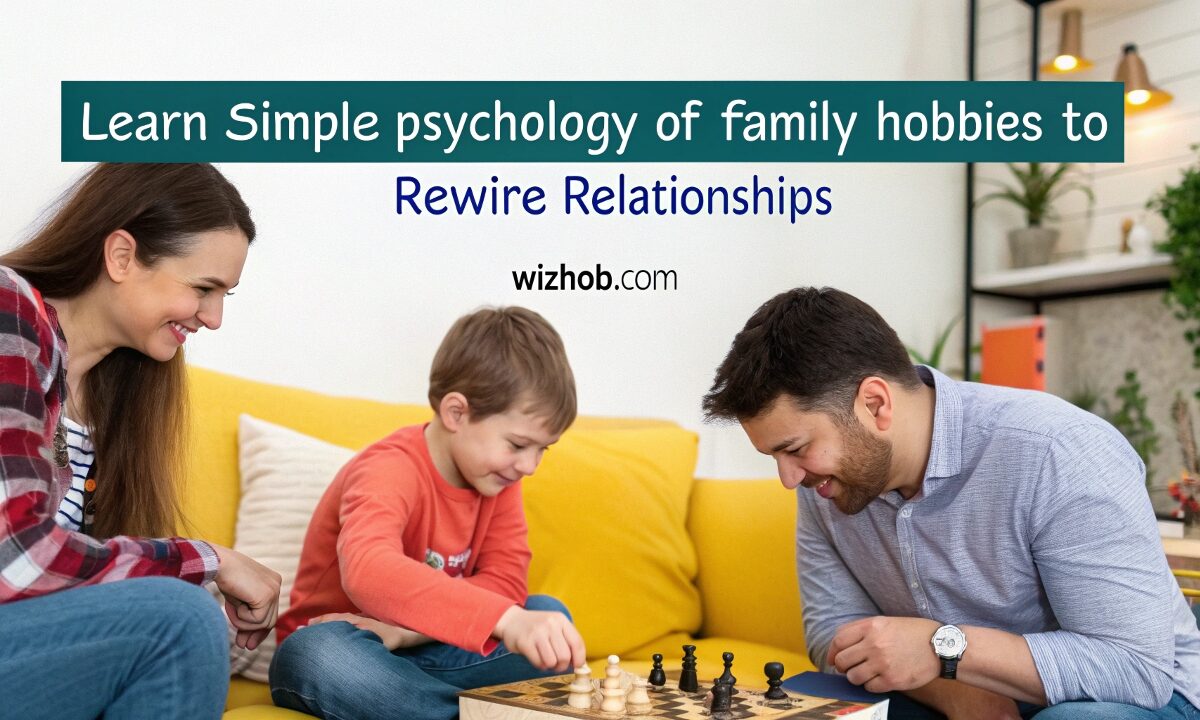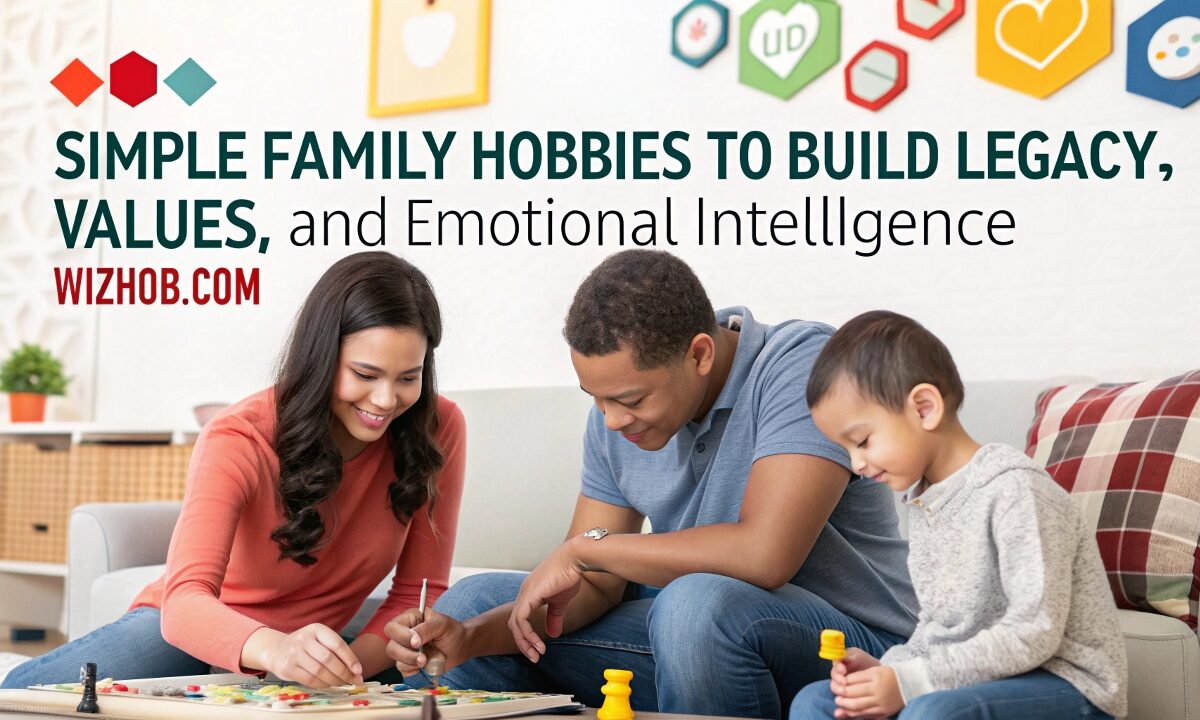Adventure and outdoor activities are not just fun pastimes—they are powerful learning hobbies that strengthen family bonds, improve physical fitness, and nurture lifelong interests.
At WizHob, we believe hobbies are more than time-fillers. Through online hobby learning, families can explore, understand, and even prepare for outdoor and adventure-based hobbies from home, making every experience safer, smarter, and more rewarding.
Why Adventure & Outdoor Hobbies Matter for Kids and Families
Adventure-based hobbies help children develop confidence, teamwork, resilience, and creativity. When families participate together, these hobbies become shared experiences that support emotional healing through hobbies and encourage healthy communication.
With online hobby classes for adults, parents can also upskill alongside their kids—learning safety basics, techniques, and planning methods before stepping outdoors.
Best Adventure & Outdoor Family Hobbies for Active Kids
1. Cycling Adventures
Cycling builds stamina and coordination while teaching road awareness. Families can start with neighborhood trails and progress to longer rides. WizHob’s online hobby courses for adults help parents understand gear selection and safety essentials.
2. Nature Hiking & Trail Exploration
Hiking introduces kids to geography, biology hobbies, and environmental awareness. It’s a perfect blend of hobby learning and physical activity, ideal for weekends and holidays.
3. Camping & Survival Basics
Camping nurtures independence and teamwork. Kids learn planning, cooking, and problem-solving—skills that align with WizHob’s vision of learning as a hobby.
4. Water Adventure Activities
Kayaking, river rafting (for older kids), and snorkeling enhance coordination and confidence. Parents can prepare through online hobby classes in India focused on safety and technique.
5. Outdoor Sports & Games
From football and badminton to archery and skating, outdoor sports are timeless hobbies for homebodies transitioning into active lifestyles.
6. Gardening & Nature Projects
Gardening may seem calm, but it’s a powerful outdoor hobby that teaches responsibility, patience, and basic science. It’s also ideal for senior citizens hobbies, making it a truly family-inclusive activity.
How WizHob Enhances Outdoor Hobby Learning
WizHob is a growing social platform for hobbies that bridges offline experiences with online guidance. Through our platform, families can:
- Discover online hobbies to learn before stepping outdoors
- Enroll in hobby courses online that explain fundamentals, safety, and progression
- Access beginner-friendly online hobby classes for kids and adults
- Explore diverse interests—from adventure hobbies to music related hobbies and beauty hobbies
- Use WizPass to unlock multiple hobby experiences affordably
Whether you’re a parent looking for best hobbies to learn for your child or a family seeking shared experiences, WizHob simplifies hobby discovery and learning.
Outdoor Hobbies + Online Learning = Smarter Experiences
Not every family can jump straight into adventure activities without guidance. That’s where online hobby courses app experiences matter. WizHob enables families to learn planning, safety, and skill basics online, then confidently apply them outdoors.
This hybrid approach makes us one of the most versatile hobbies websites supporting modern families in India.
Start Your Family’s Hobby Journey with WizHob
Adventure and outdoor hobbies help kids grow stronger—physically, emotionally, and socially. With WizHob, families don’t just try hobbies; they learn hobbies online, grow together, and build lifelong passions.
Explore online hobby classes, unlock hobby courses for adults and kids, and turn everyday weekends into exciting learning adventures with WizHob.













